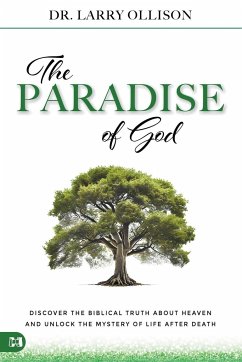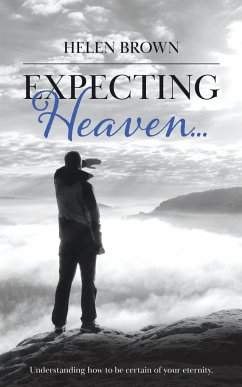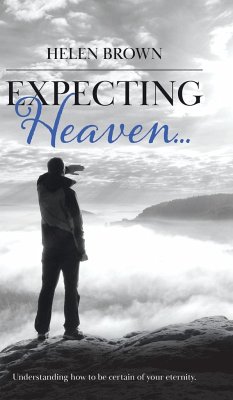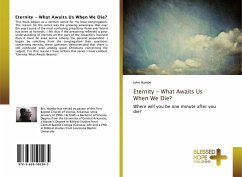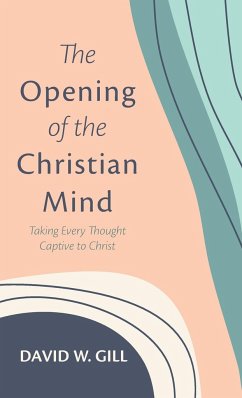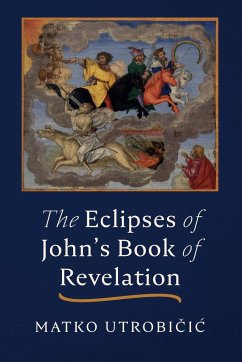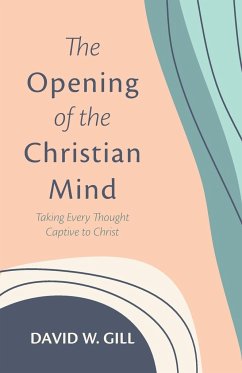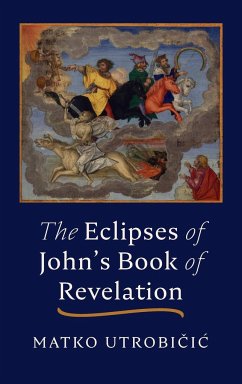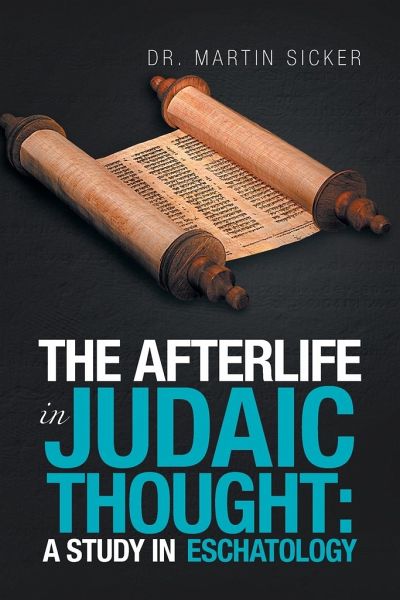
The Afterlife in Judaic Thought
a Study in Eschatology

PAYBACK Punkte
9 °P sammeln!
The central theme of this study is the eschatology of Judaism as conceived by its proponents from remote antiquity to the present day, eschatology being a branch of theology concerned with the end of history and time as we know it. Eschatological theories and beliefs will be found in every culture where its thinkers struggle to make sense of their lives and history, and most particularly regarding what happens to them and their world after their lives come to an end. As a consequence, such beliefs or theories must necessarily be highly imaginative because they relate to a period beyond time. T...
The central theme of this study is the eschatology of Judaism as conceived by its proponents from remote antiquity to the present day, eschatology being a branch of theology concerned with the end of history and time as we know it. Eschatological theories and beliefs will be found in every culture where its thinkers struggle to make sense of their lives and history, and most particularly regarding what happens to them and their world after their lives come to an end. As a consequence, such beliefs or theories must necessarily be highly imaginative because they relate to a period beyond time. The very term 'afterlife' captures the frustrating ambiguity of the notion of eschatology for neither our language nor our conceptual skills can deal with an 'end' to time. There is no 'after' to time, for the term 'after' is itself a time-related notion. There is only an 'after' within time. Nonetheless, eschatological notions attempt to takes us beyond time. Judaism tends to be precise where it touches human activity, while thought and doctrine remain fluid. Thus we find widely varying conjectures by individual Jewish sages in antiquity, further imaginative guesses by medieval rabbis and philosophers, and continuing attempts to grapple with the subject in the modern and contemporary eras. This examination of Judaic eschatological thought is subdivided into seven topical chapters: The idea of an afterlife, the resurrection of the dead, the immortality of the soul, transmigration or reincarnation, modern religious ideas relating to resurrection and immortality, messianism, and divine reward and retribution after death.




